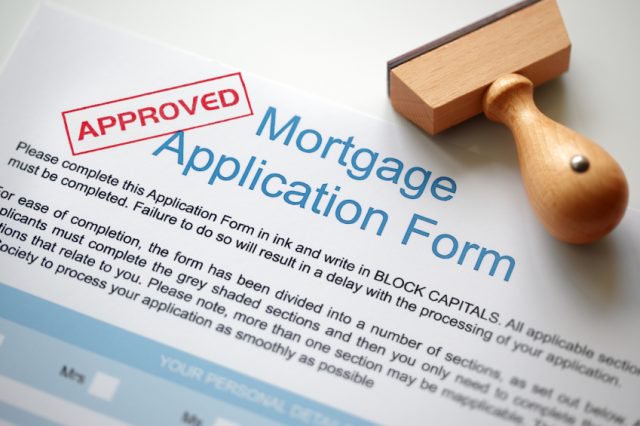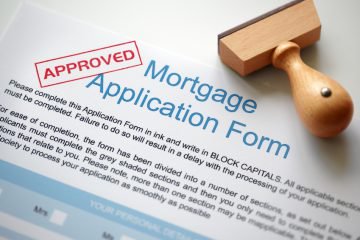With mortgage rates currently at the lowest level ever, there is only one way for them to go – up. So should you be thinking about paying off your mortgage now?
Paula Higgins, the CEO of the HomeOwners Alliance (HOA), insists that it all depends on your financial circumstances and future plans. She suggests answering the following questions before you decide:
What is the main reason to pay off my mortgage early?
The HOA claims that paying off your mortgage early will probably leave you better off in the long run. “Generally, if you have debts (such as mortgages), the best thing to do with your savings is pay off those debts, because with rare exceptions, mortgage rates are higher than savings rates,” says the organisation.
Being mortgage-free can also make it easier to downsize in other ways, such as going part-time, and often makes it cheaper and easier to buy and sell your home. “Generally, a smaller mortgage gives you greater freedom and security,” explains the HOA.
What is the biggest reason not to pay off my mortgage early?
“Opportunity cost,” answers the body. “The money in your savings account is yours to do what you like with.” Once you have paid off your mortgage, it will be difficult to get the money back again, unless you take out a new loan, which could be difficult, as lenders have been tightening their conditions for some time now.
What things do I need to consider when deciding to pay off some or all of my mortgage?

Should You Pay Your Mortgage Off Now?
You must compare the interest rate on your mortgage to the interest you could receive on a savings account, advises the HOA. You should also check whether you would pay tax on those savings. You must also find out if there are any penalties for repaying your loan early.
In terms of your personal finances, ask yourself whether you are expecting any windfalls, such as selling a business. You may also have alternative investments that you’d like to make.
Importantly, remember to have a rainy day fund in place. The HOA suggests a minimum of three months outgoings, but six months is safer. Think about the costs that you’re expecting, such as school fees. If you have some large outgoings planned for the near future, put this sum aside rather than paying off the mortgage, advises the firm. If you are expecting a decline in income, you might want to keep extra savings to tide you over when the time comes.
How do I work out how much money I will save by paying off my mortgage?
You should find out what your monthly interest payment is, either by asking your lender or working it out from the interest rate that you’re paying. Then, find out what interest you are receiving on your savings and how much tax you pay on that. If your monthly mortgage payment is greater than the interest you are receiving after tax, you will be better off paying off your mortgage.
Will I be better off using the money to buy something else?
The HOA says that sometimes, you can earn more from using your savings in some other way than paying off your mortgage, however, investments such as a second property or stocks and shares come with risks.
How do I find out about any penalties?
You should ask your lender if there are any penalties for paying off your mortgage early. Usually, these penalties decrease towards the end of a fixed rate or discounted period. Often, you can pay off a certain amount, such as 10%, per year without incurring penalties. The HOA believes that if the penalties are small, it could still be worth paying off your mortgage early.
Do I have to pay off the whole mortgage?
“No – often you might just want to make a capital repayment that only partially pays off the mortgage,” says the HOA. However, all the same arguments about being better off doing this still apply. Even if you do have enough money to pay off your whole loan, you should still try to keep some aside for a rainy day fund, urges the organisation.
Will paying off my mortgage affect my ability to move home?
If you are planning to move to a similar priced or cheaper property where you will also not need a mortgage, then paying off your loan will make it easier and cheaper. However, if you have a portable mortgage and would need a loan on a new, more expensive home, then it might be wise to stick with your mortgage and use your savings to increase the deposit for the new home.
Should I accept my parents’ offer to pay off my mortgage and for me to pay them instead?
This is a tricky one, says the HOA. You should find out how much interest they will charge, but it ultimately depends on how well you get on with them. If they will charge less than your mortgage lender, then you will clearly be better off. You may also be able to reach a deal where both parties are better off. However, there are risks with this situation, so it is a good idea for both sides to get independent legal advice.
Could paying off your mortgage be right for you?









